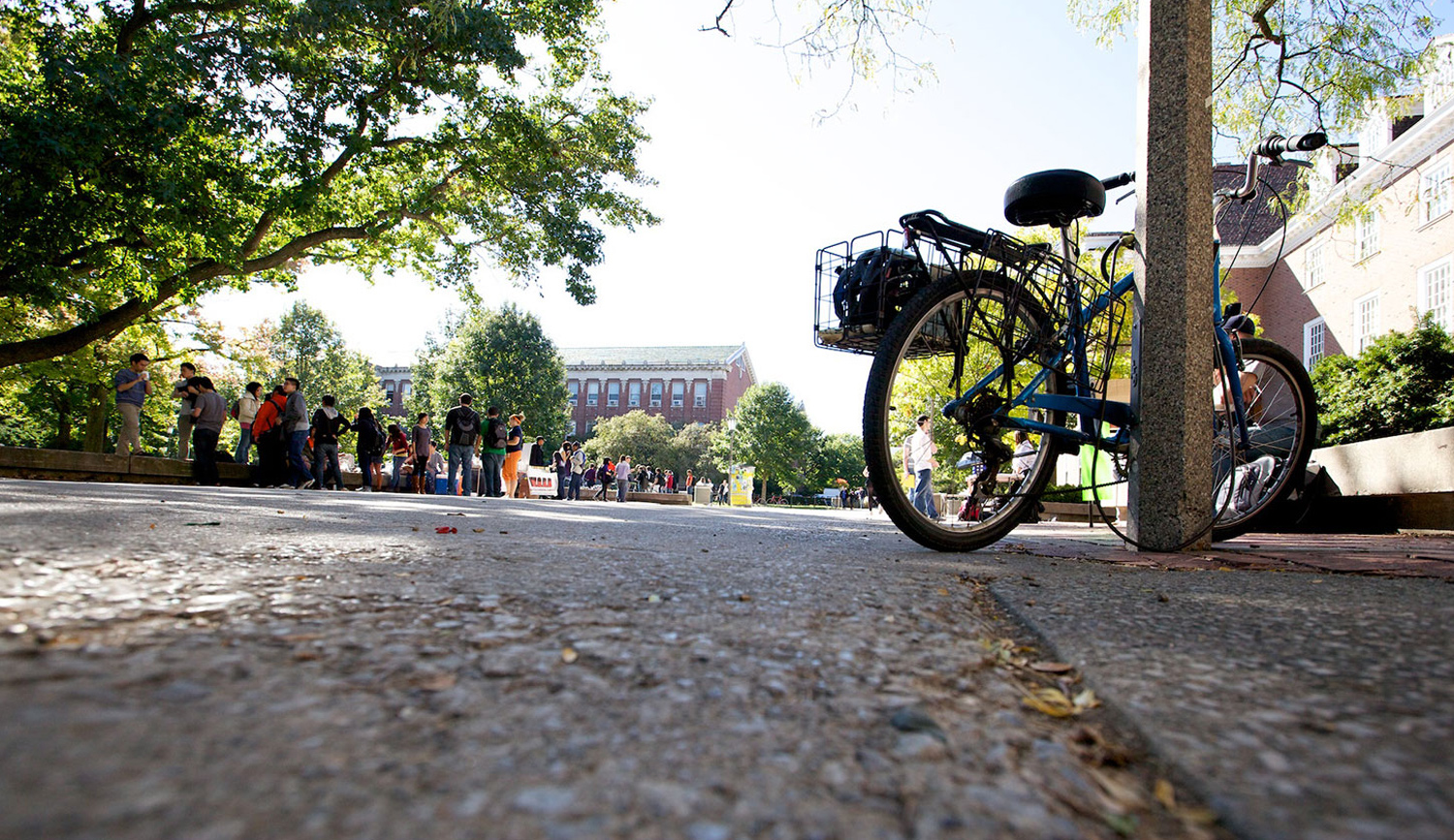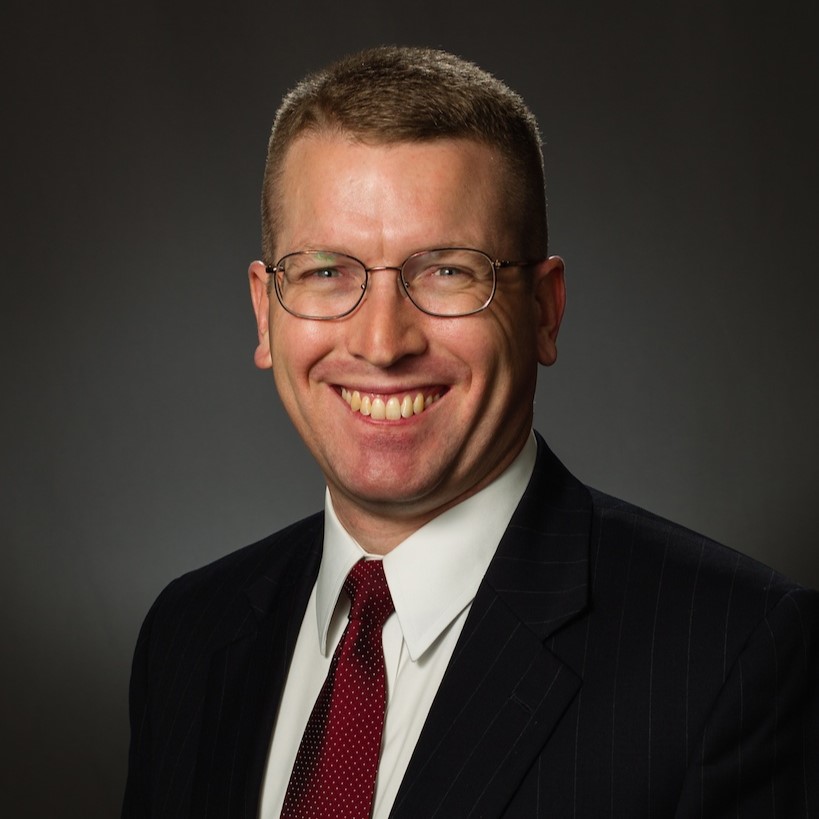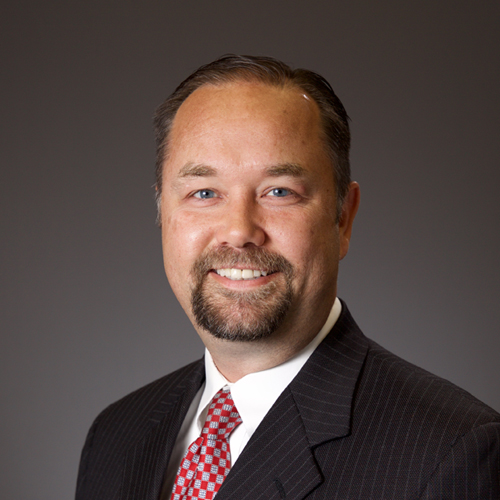
ATLANTA – As a result of a lawsuit that Alliance Defending Freedom attorneys filed in February, Kennesaw State University has agreed to change policies that officials there used to relegate a Christian student organization’s pro-life display to a “speech zone” that made up less than 0.08 percent of the 405-acre campus.
Among the terms of the settlement that ADF attorneys negotiated with KSU, the school will eliminate its speech zone, students will be free to speak freely in all outdoor areas of campus, and the university will pay $20,100 to ADF and Ratio Christi, the student organization that sponsored the pro-life display, to cover legal expenses incurred in defense of the group’s constitutionally protected freedoms.
“Public universities are supposed to be the marketplace of ideas, where all ideas are welcome, not just those that university officials consider acceptable,” said ADF Senior Counsel Travis Barham. “Kennesaw State has done the right thing in ending the ability of officials to quarantine any student speech they deemed ‘controversial’ to a tiny, difficult-to-access part of campus. We hope that this settlement will prompt other public universities to eliminate similar unconstitutional policies. The First Amendment prohibits universities from restricting where students can speak, whether that restriction is based on what students intend to say or simply based on sparing the feelings of others who may disagree.”
“In today’s academic environment, Christian students and educators must not only defend our faith, but we must also defend our right to defend our faith,” added Ratio Christi President and CEO Dr. Corey Miller.
Previously, no guidelines existed for KSU officials to follow, which gave them unrestricted discretion to grant, deny, or modify a student organization’s reservation request even for unconstitutional reasons. Thus, officials relegated any activities they deemed “controversial” to the small, less-accessible speech zone. The settlement eliminates the speech zone, allowing students to speak freely in all outdoor areas of campus, and when they seek to reserve space, they can’t be relegated to disfavored areas.
In addition, officials no longer have free reign to charge security fees in any amount. A new policy clearly outlines when and how security fees can be charged.
On at least one occasion, university officials assigned Ratio Christi to the speech zone because they determined that its message was “controversial,” even though no one was using the location the group originally requested. An official had also told Ratio Christi that it could use its requested area of campus only if it was willing to remove from its display certain posters expressing a pro-life message; otherwise, it would be relegated to the inferior zone. This year, officials once again moved Ratio Christi’s pro-life display to the speech zone due to its content.
“The First Amendment exists precisely to protect speech that government officials think is controversial,” said ADF Senior Counsel Tyson Langhofer, director of the ADF Center for Academic Freedom. “We commend KSU for making the changes necessary to ensure that the First Amendment freedoms of its students are respected. Today’s students will be tomorrow’s leaders and voters, so it’s critical that universities live by example in demonstrating the importance of those freedoms instead of communicating to an entire generation that the Constitution doesn’t matter.”
On Thursday, the U.S. District Court for the Northern District of Georgia administratively closed the case, Ratio Christi of Kennesaw State University v. Olens, in light of the pending settlement.
- Pronunciation guide: Barham (BEAR’-um), Langhofer (LANG’-hoff-ur)
The ADF Center for Academic Freedom is dedicated to ensuring freedom of speech and association for students and faculty so that everyone can freely participate in the marketplace of ideas without fear of government censorship.
# # # | Ref. 61131


